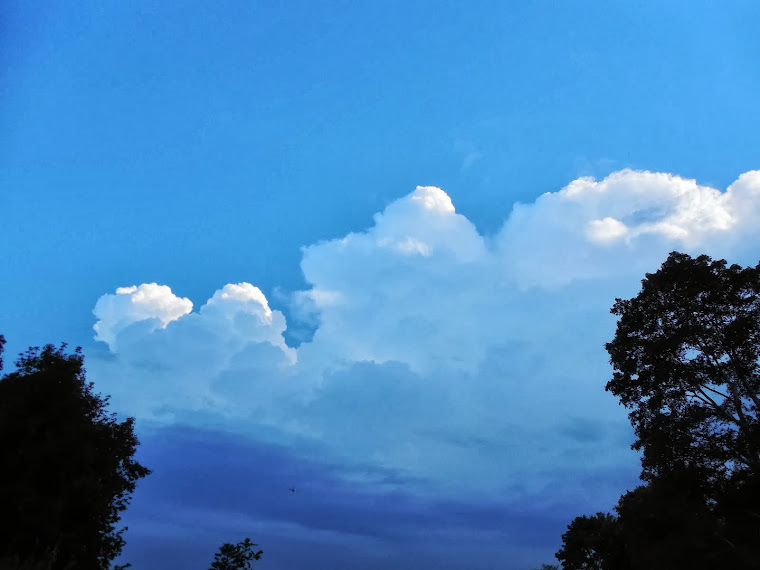Laura Pope & Jay Goldsmith, June 13, 2013 at book signing for Portsmouth Women; The Madams & Matriarchs Who Shaped NH's Port City, The History Press.
An Excerpt from The Public Garden, Thursday, October 3, 2002
Teacher Teacher
Personal Heroes Take Different Forms
Heroes are sublime beings whose noble deeds first come to our awareness in children’s tales. One of my first literary heroes was Thumbelina, whose brave adventures as a Lilliputian-sized girl flung into the giant-sized outdoor world gave me my first lesson on how big-hearted people come in all sizes.
Movies, too, are rife with heroic characters. My favorite ones are those who are thrust into the role by circumstance. To me, reluctant heroes (Han Solo, Harry Potter, Frodo Baggins) are the more interesting ones as they struggle with the demands placed upon them and inevitably discover they have the hero inside them after all.
Since last September, there’s been much more emphasis on and greater appreciation of heroes. The selfless sacrifices made by firefighters, police officers, medical personnel and ordinary working citizens reminded everyone that regular folk, not fantasy figures, may be the best champions of all.
With all this talk of heroes, I’ve lately decided that good, dedicated teachers are my personal heroes. Though they do not literally give their lives in the course of their duties, they do change and give direction to young minds, in essence affecting generations of thinkers. Despite their magical, transformative powers, they are relatively under-appreciated compared with the worship given to star athletes and performers.
Think about it: A person with a fine education oversees the education and social maturity of our children for barely a living wage. They are bombarded with every microbe imaginable that can be carried by a child, stay up late to grade papers and consciously sustain a disposition of patience and imagination.
A good teacher must be organized, an effective administrator and equally at ease with parents and school boards as well as their young charges. The latter are rarely on the same page when it comes to level of knowledge, so teachers must teach to several levels at once and attend to those with special needs and behavioral problems.
Add to this scenario, which also includes overcrowded classrooms, the occasional high-strung parent who won’t take responsibility for or charge of their children’s behavior or schooling problems and instead becomes a finger-pointer who raises hell at the front office.
Who in their right mind would ever choose such a profession? Fortunately, there are those who are called to the teaching field, equipped with the aptitude for all the rigors of this challenging career. In such a money-driven society, I wonder how many potentially good teachers there are out there who pass over this option for a higher-paying job. Perhaps good teachers simply remember and savor their own teachers who made a real difference in their lives.
My first incredible teacher was Miss Dunbar. She taught fourth grade at the local elementary school in Daly City, Calif., a suburb of San Francisco. My family had just moved to the area and many of my classmates were also Navy kids like me and my sister. The school population was culturally diverse, with a definite Asian, Polynesian and Hispanic component. My best friend next door was Samoan. The girl who lived on the other side of our house was Thai.
All these cultures and backgrounds did not deter Miss Dunbar, who dressed in a distinct 1950s style and reminded me of a brunette Doris Day. She was unfailingly cheerful, optimistic, creative and fair, though her best asset was that she had this way of making learning an interesting experience, whether the lesson was about candle-making or synonyms.
Without realizing it, I was taught how to stay focused and concentrate and how to step forward to participate in class.
My next teacher represented the flip side of Miss Dunbar, though she was just as pivotal in my early learning curve. Miss Manley (we called her Miss Maneater) was an elderly woman who walked with a cane, had a pinched face, rarely smiled and ran her class like a boot camp. She taught fifth grade at the Way School in Claremont, N.H.
This woman was clearly from an older school of teaching, where a certain amount of fear on the part of students kept things going at a brisk pace. I recall her hitting a continually disruptive student over the head with a pointer and breaking it. She also had sharp words in her arsenal and could devastate a student with three words. My turn came when I couldn’t identify the New England states she was pointing to on a map. I soon found it wise to learn my lessons, be prepared to answer her questions, read aloud and attack phonetics and penmanship with as much zeal as history or math. Despite her methods, or perhaps because of them, she inspired in me a thirst for knowledge.
In eighth grade I had a tremendous history teacher named Mr. Bugle. He so loved American history that it rubbed off and we kids actually found ourselves wondering what it would be like to be alive during the time of the American Revolution.
In high school I was fortunate enough to have several excellent teachers: Herb Moyer in biology (he was cool enough to have his classes plant and maintain an organic vegetable and flower garden; this was 1972), Mr. Follensbee in history (again a master at painting historical happenings for us in vivid terms), and Jay Goldsmith, a writing teacher who taught lessons in observation, photography and writing discipline that I still apply today.
Hopefully, fine teachers such as these will continue to come forward, driven not by money matters but rather by the reward of making a difference in so many lives. In other words, being a hero to so many.


No comments:
Post a Comment